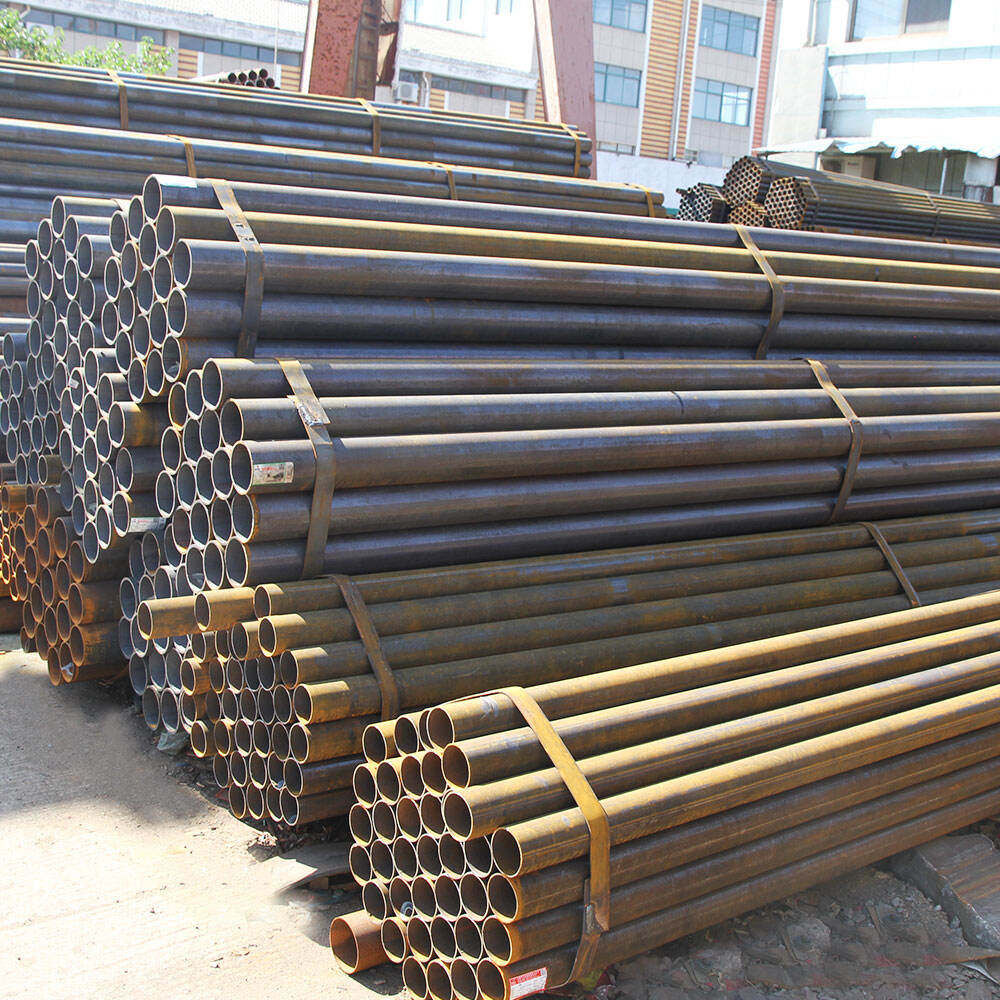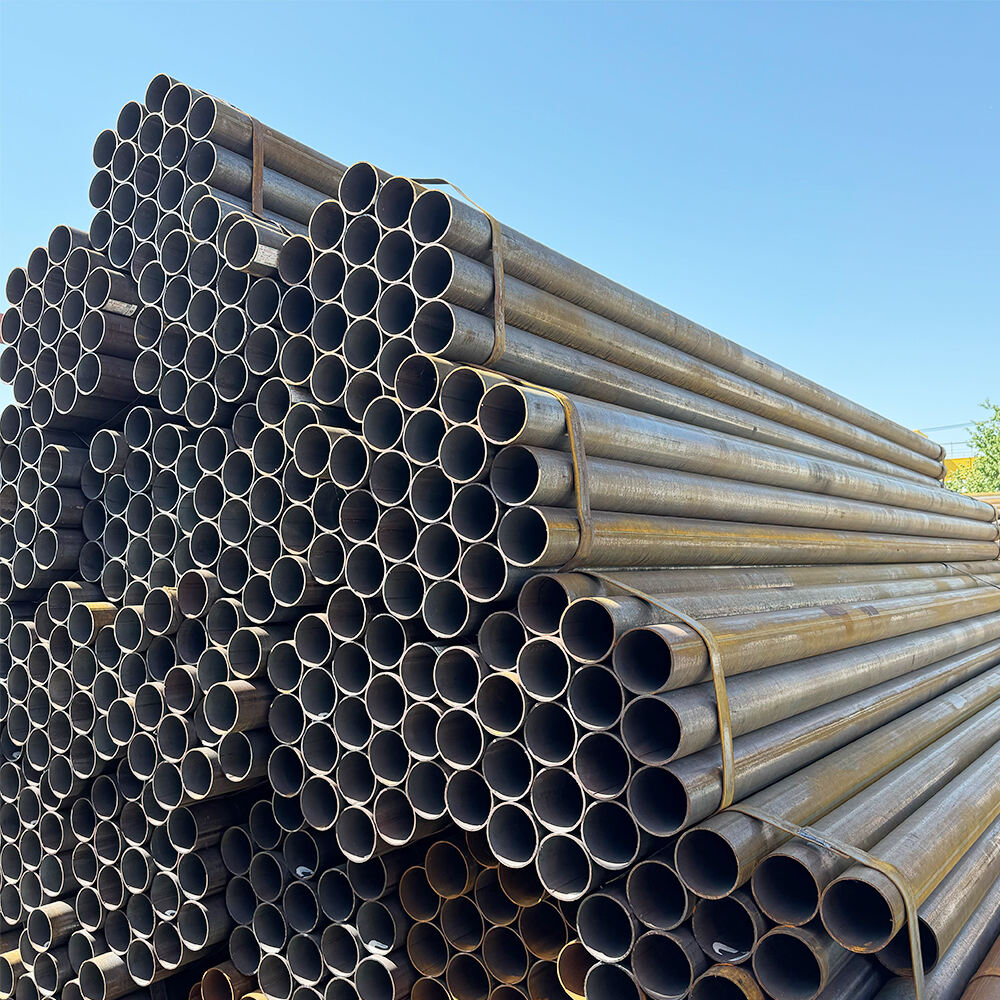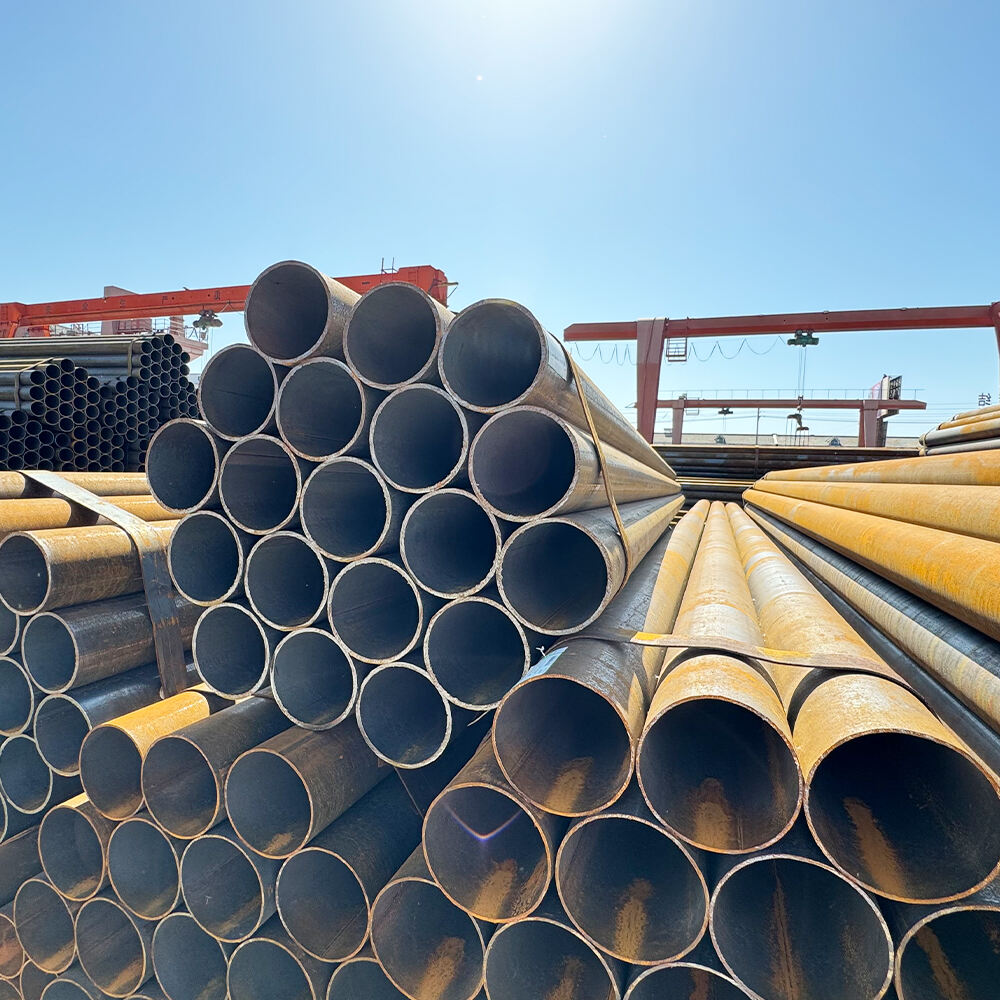kohlestaaipleis
Koolstaalpype tree op as 'n fundamentele komponent in moderne industriële infrastruktuur, gekenmerk deur hul robuuste konstruksie en veeldoelige toepassings. Hierdie ingenieursprodukt bestaan hoofsaaklik uit yster en koolstof, met 'n koolstofinhoud wat gewoonlik tussen 0,05% en 2,1% wissel, wat bydra tot hul uitstekende strukturele integriteit. Hierdie pype word vervaardig deur naadlose of gesweisde prosesse, wat optimale sterkte en betroubaarheid verseker oor verskeie toepassings. Die pype se samestelling bied uitstekende meganiese eienskappe, insluitend hoë treksterkte, uitstekende duktiliteit en opmerklike drukweerstand. In industriële omgewings dien koolstaalpype as die ruggraat van vloeistofvervoersisteme, wat alles vanaf water en olie tot aardgas en chemiese verbindings hanteer. Hul vermoë om hoë temperature en drukke te weerstaan, maak hulle veral waardevol in kragopwekkingsfasiliteite, petrochemiese aanlegte en konstruksieprojekte. Die pype is beskikbaar in verskeie dimensies en wanddiktes, wat aanpassing vir spesifieke projekvereistes moontlik maak. Belangrike eienskappe sluit hul koste-effektiwiteit, lang bedryfslewe en verenigbaarheid met standaard fittings en koppelingmetodes in. Die materiaal se inherente duursaamheid bied weerstand teen meganiese spanning en omgewingsfaktore, terwyl sy sweisbaarheid eenvoudige installering en wysigings moontlik maak.


